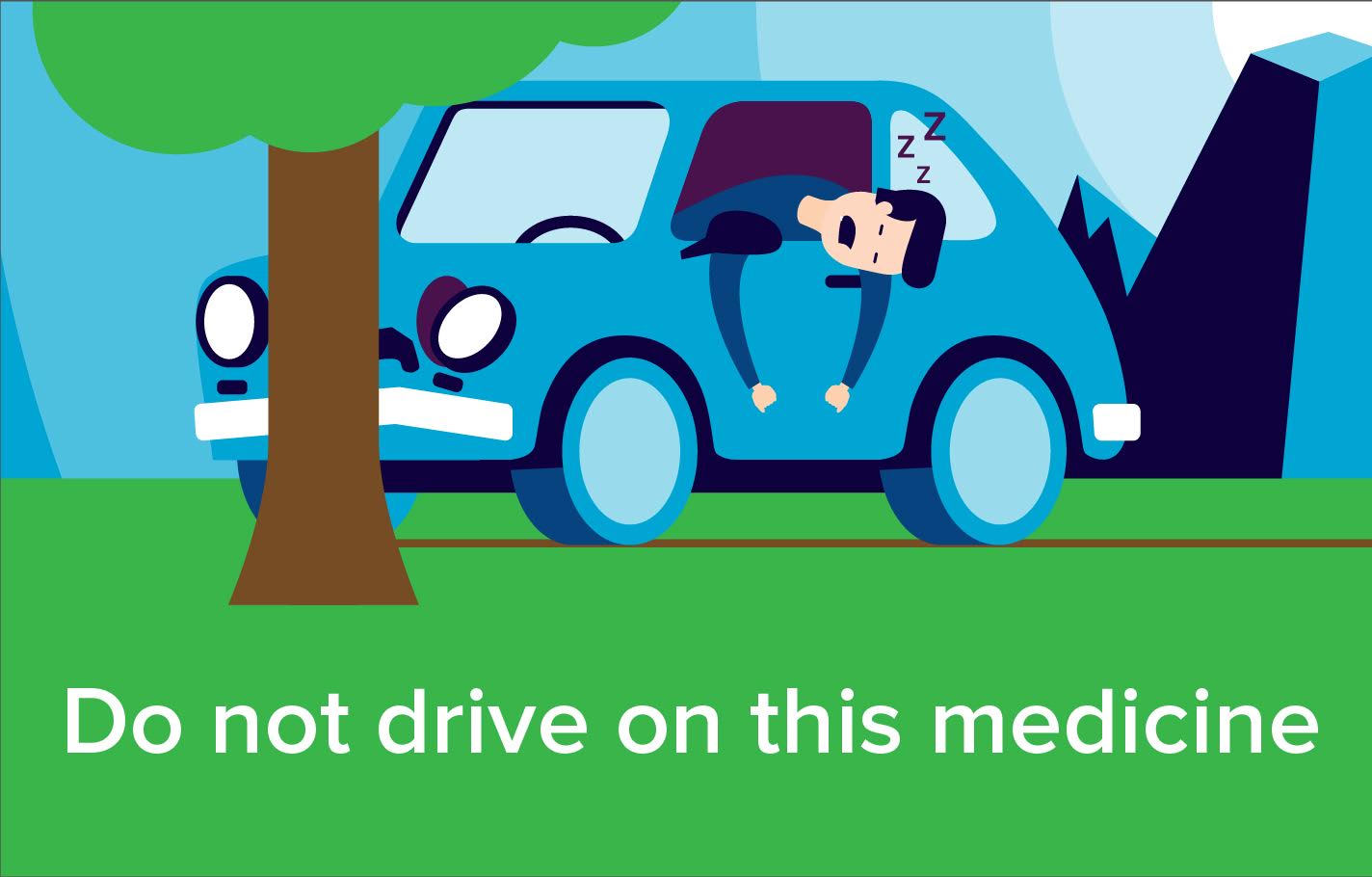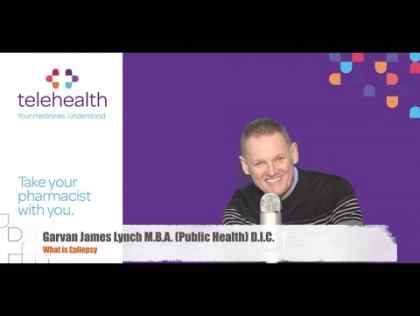What’s the dose?
-
Your doctor will tell you when and how to take your medicine. The usual starting dose for the treatment of anxiety or epilepsy is 20mg to 30mg daily. Your doctor may increase or decrease these doses to suit you. In children and the elderly, lower doses (10mg to 20mg) are used.
Could it interact with other tablets?
-
Frisium can interact with some other medicines. Be sure you have told your doctor if you are taking any other medicines, particularly other epilepsy medicines, painkillers, sleeping tablets, muscle relaxants or tranquillisers. If you are to be given anaesthesia using nitrous oxide please tell the anaesthetist that you are taking Clobazam.
Herbal products should also only be taken after talking with your doctor.
What are the possible risks or side-effects?
Like all medicines, Frisium can cause side-effects, although not everybody gets them.
Side effects to Frisium may include:
Tell your doctor if any of these symptoms occur.
Occasionally other side effects like gastrointestinal disturbances, disorders of articulation, unsteadiness of gait, weight gain, loss of libido or skin reactions have been reported. Unless you are being treated long-term for epilepsy, your doctor will only prescribe these tablets for a short time (2–4 weeks).
Contact your doctor immediately if any of the following reactions occur:
-
restlessness
-
difficultly in sleeping
-
irritability
-
agitation
-
anxiety
-
aggressiveness
-
delusions
-
fits of rage
-
nightmares
-
hallucinations
-
psychotic reactions
-
suicidal tendencies
-
frequent muscle spasms
Can I drink Alcohol while taking it?
-
Do not drink alcohol while you are taking these tablets.
What if I’m pregnant/breastfeeding?
Do not take this medicine if you are pregnant, might become pregnant, or are breast feeding. If your doctor has decided that you should receive this medicine during late pregnancy or during labour, your baby might have a low body temperature, floppiness and breathing and feeding difficulties. If this medicine is taken regularly in late pregnancy, your baby may develop withdrawal symptoms.
If you have any more questions please ask your Pharmacist.
Remember to keep all medicines out of reach of children
Please Note: We have made every effort to ensure that the content of this information sheet is correct at time of publish, but remember that information about drugs may change. This sheet does not list all the uses and side-effects associated with this drug. For full details please see the drug information leaflet which comes with your medicine. Your doctor will assess your medical circumstances and draw your attention to any information or side-effects which may be relevant in your particular case.
References:
https://en.wikipedia.org/wiki/Clobazam
http://www.medicines.org.uk/emc/medicine/8298/SPC/Frisium+Tablets+10+mg
http://www.medbroadcast.com/Drug/GetDrug/Frisium
http://www.netdoctor.co.uk/medicines/brain-and-nervous-system/a6766/frisium-clobazam/
http://www.news-medical.net/drugs/Frisium.aspx



